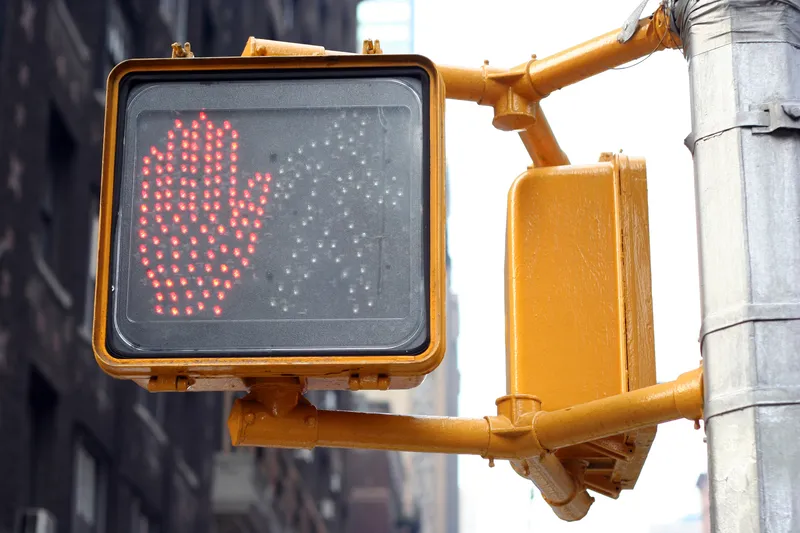
Synapse ITS has acquired Oko, a navigation app designed specifically to help blind and visually-impaired pedestrians navigate intersections.
Synapse already owns Polara Enterprises, which specialises in accessible pedestrian signals and has its own app - PedApp - which allows users to hear crossing information and remotely activate pedestrian signals from their smartphone.
PedApp is available free, and Synapse says it will reinstate Oko as a free subscription "to make its services accessible to as many pedestrians as possible".
Oko uses the phone's camera and artificial intelligence to help identify pedestrian signals: users can simply point their phone camera towards crossing signals to interpret information - particularly helpful when ADA-compliant (Americans with Disabilities Act) and Prowag-compliant APS are not installed.
What can the Oko app do?
- Provide feedback through beeps, spoken instructions, or vibrations for users with low vision.
- Help pedestrians explore their environment, identify accessible spots, and find nearby amenities like restaurants and grocery stores.
- AI is trained on thousands of crossing images, to recognise and interpret pedestrian signals.
As well as Polara - and now, Oko - Synapse owns Carmanah Technologies, Eberle Design (EDI), Diablo Controls, Availed Technologies and GovComm.









